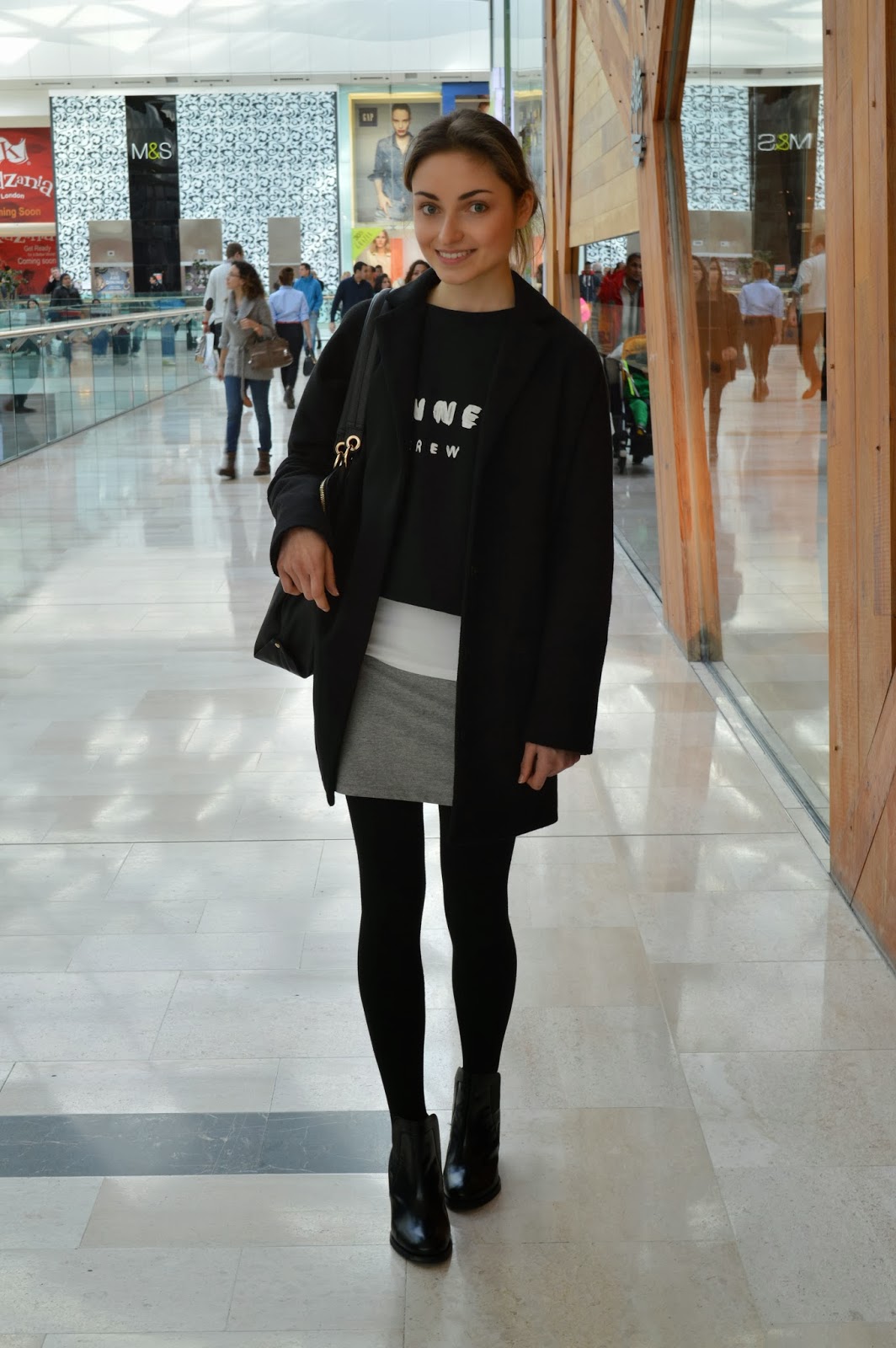So, the other day I went to a lecture at Uni on the nature of creation. The lecturer was arguing that creation is a theological act. We can 'create' art, buildings, even GM crops, but this is never a true act of creation. At best, it's an act of manipulation of an existing thing into something else. Pure creation can only happen from the hands of God.
Now, I hear some of you out there scoffing at your computer screens. I didn't agree with him immediately either. But hear me out. If you think about everything around you, and go back to the constituent parts, where do you get? I'm sitting at a wooden desk, which was made out of a tree, which was grown in the ground, but who started the whole process off in the beginning? What made the tree? What made the seed? What made the earth? Who started the Big Bang?
The problem is that in the beginning, something had to come from nothing. How is that possible? For me, I argue that some kind of universal force, something I call 'love' (in the greatest sense of that word), positively had to intend to create. If you believe in God, call it God.
The force of creation is inside us, and inside everything.
Where I differ from the lecturer is that I disagree that we, as 'creatures' are separate to the 'creator'. In Christian theology, God is the creator, and we are totally separate from him. The world around us is all God's creation, but none of it
is God. We are not God. It might sound odd that I disagree. But I believe that the force of love, the force of creation, is
inside us, and inside everything. If we accept a creator created us, and that before it did so there was nothing, surely we must be made up of the creator? What else would it have to create with? The lecturer argued that God created something different from himself, out of nothing. I find this concept impossible to grasp.
If, as I argue, there is a part of the universal force of creation, of love, inside us all, we can all strive to discover it, and become unified with it, and find our purpose for existing on this planet. At this point, the lecturer brought in a new and rather long word into the story: 'eschatology'. Eschatology is basically the point of creation. What's the point of creation? I believe we are all on this planet to find out what our 'purpose' is. What we truly
love to do. What makes us zing. We've got to find a way to do what we love to do to serve humanity in some way, shape or form. If you love painting, go out there and get painting and give the back to the world the beauty you see in it. Whatever you love to do, do it, and when you do, the unbridled force of creative love inside you will be unlocked.
Get that flow.
Have you ever experienced that feeling when you are totally focused on one thing, and wholly absorbed by it, and time seems to evaporate and fly past all at the same time? And your body is just goosepimpled all over because of the sheer joy you're having?
That feeling, is the universal force I'm talking about it.
That is creation.
I don't think there's something external to us that's responsible for creating the world. I think the responsible something, if you believe in God, then God, is at once
other from us, in that it existed logically prior to us, but
within us. That thing was there before we were, but it makes up a fundamental part of our existence. Creation is not something we have to be separate from. When we create what we do,
using the things created in the beginning by the force of love, we are honouring that force and bringing more of it into our lives. When you get into that flow, that zinging, tingly, wonderful feeling, you're aligning with the magnificent force of pure creation, and that force is
inside you. That's the goal. Get on the level of that force inside you. How you get there is totally individual to you. But you know you're there when you're there.
Get creating my lovelies. Get
zinging. That's what I want for you all, for today, and for the rest of your life!
Enjoy today!!
- rosinaviolets x































